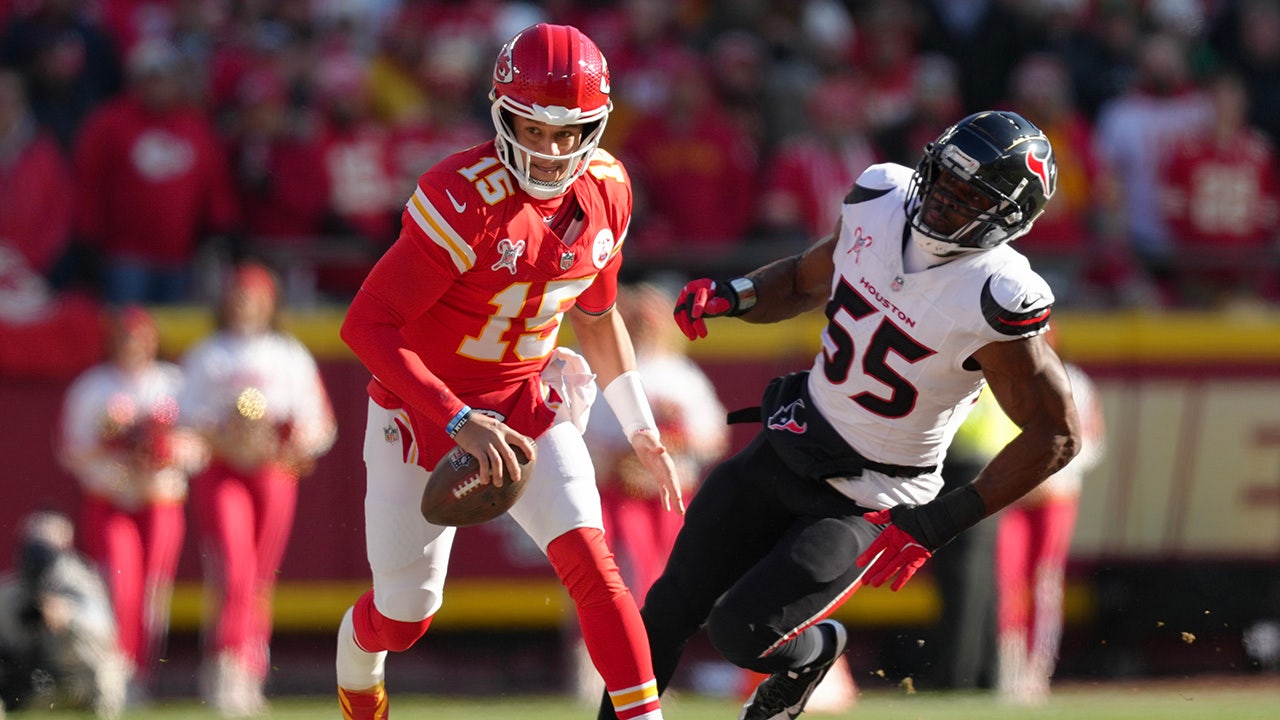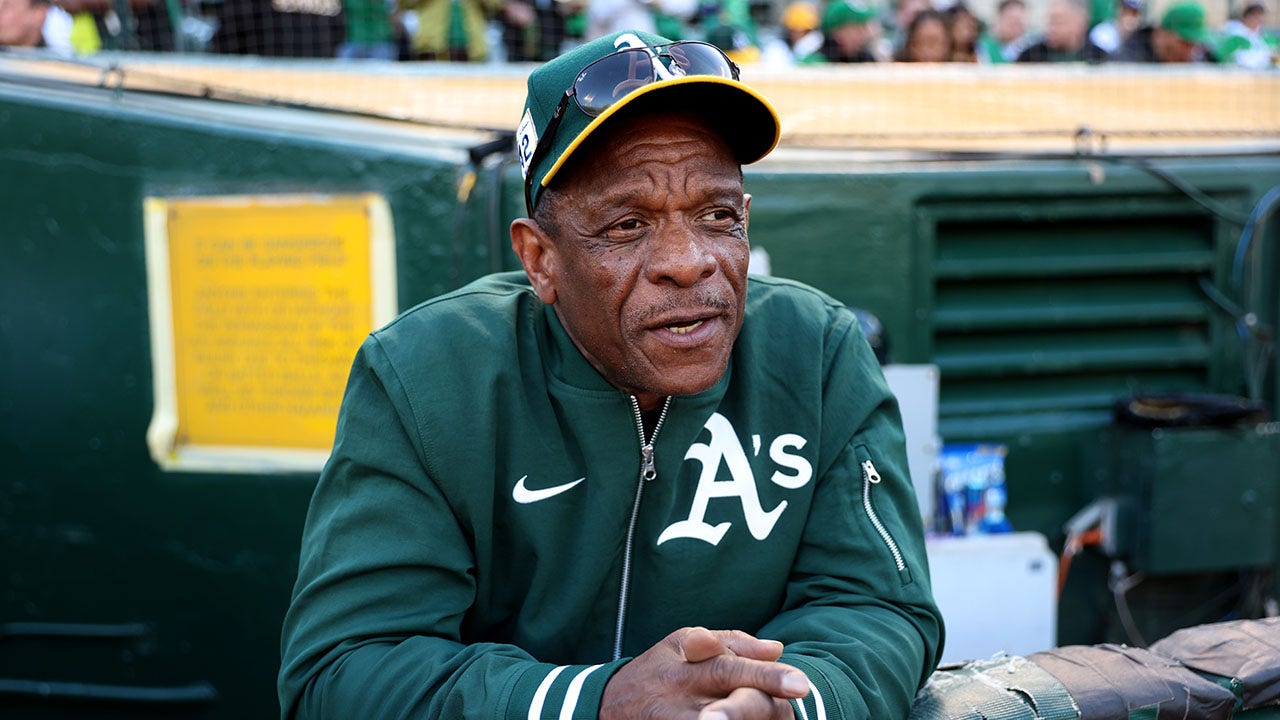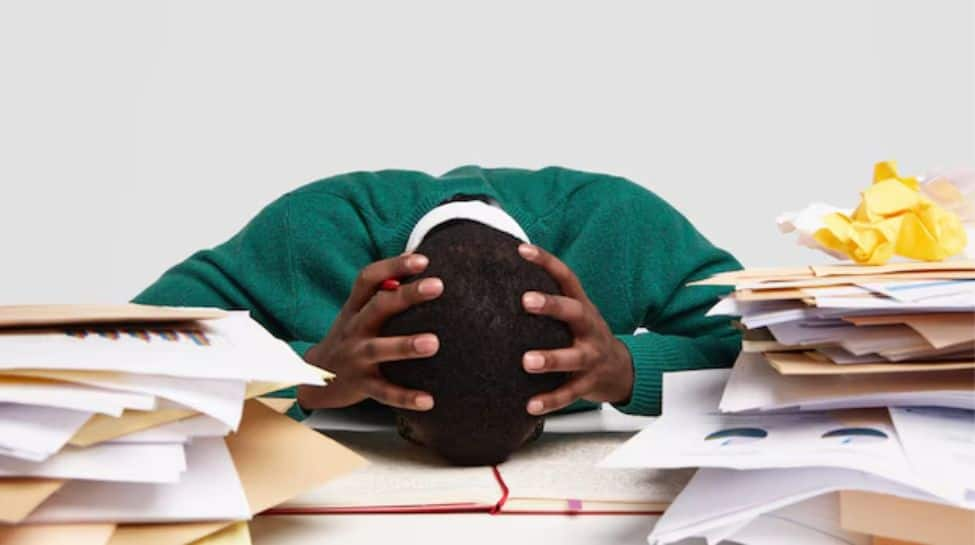The mind can be our greatest strength or biggest weakness. The difference lies in how we train it. No two people respond to the same situation in the same way. The reason, once again, is the mind. It’s not situations, but our perceptions, that shape our responses. The mind holds the collection of all our thoughts, emotions, motivations, and experiences. Every interpretation and every choice we make is motivated by the mind.
Dr. Samir Parikh Psychiatrist, Chief Mental Wellness Expert & Dr. Divya Jain, Sport Psychologist shared with us how mental wellness is being affected at the Olympic Games.
On the playing field too, it’s our mind at play. It’s natural for any athlete to feel some amount of pressure stepping onto the Olympic stage. It is undeniably going to be one of the most important games of their lives. The heart races, the breath quickens, the muscles tighten, butterflies in the stomach. These are all natural responses of the body in any stressful situation. But is stress a bad thing? No, it’s not. It’s simply the body is preparing itself to deal with the challenge that lies ahead. All of these stress responses are actually in a sense a turbo boost intended to make a person stronger. The problem lies in interpretation. Where one athlete might interpret this feeling as excitement and look forward to the game, another may interpret it as fear and experience a sense of threat.
The key is to train athletes to understand and harness the power of the mind. Athletes leave no stone unturned to prepare themselves physically, technically, and strategically. Along with coaching, physiotherapy, strength and conditioning, nutrition and recovery are all non-negotiables for a high-performance athlete. And just as athletes train their bodies, they must also train their minds – to deal with the psychological challenges of the sport, which play just as important a role as the physical. Peak performance after all is a state where the body and mind are both present in the here and now, working in tandem towards the same goal.
Psychological skills training is essential to build confidence, resilience, focus, and autonomic control and can even contribute to improving sport-specific skills. Such training uses scientific, evidence-based strategies that include imagery, thought restructuring, self-talk, focus training, goal-setting, pre-performance routines, body language, simulation training, breathwork, muscle relaxation, and mindfulness. Mental strength is not something that a person is born with, it’s a collection of skills that can be learned with deliberate practice and training. Most importantly, an athlete who trains their mind in this manner also carries the confidence to be able to deal with any challenges that life, and the sport, throw their way.
As we talk of performance enhancement though, we must also recognize that peak performance rests on the foundation of personal well-being. An athlete is not a machine, not a superhuman – an athlete is first and foremost a person. And as a person, we need to prioritize their well-being. Promoting mental recovery routines, developing a stronger sense of identity that goes beyond sport, creating a positive environment, and providing the right support systems to cope with any kind of personal or professional stressors all play a role in the mental wellness of our athletes.
At one level, these games are about showcasing the peak of human capacity and performance. At another level, these games are also about humanizing our athletes –ensuring that their health and happiness remain a priority above all. The Indian Olympic Commission and Ministry of Youth Affairs and Sport have taken an important step in this direction – within the larger medical team accompanying our athletes to Paris 2024, mental wellness experts will also be available.















































